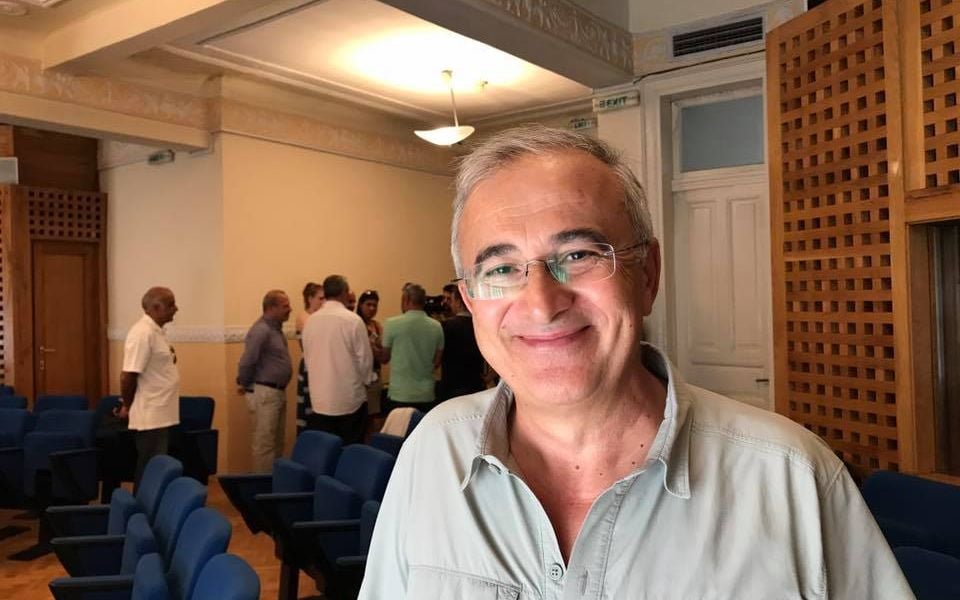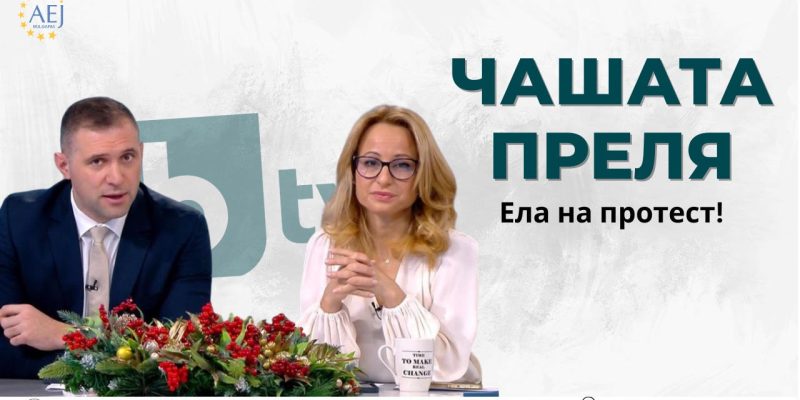
Israel Defence Forces Mocks Gaza Journalist Tying Himself to Hamas Family Member
October 21, 2025
“Stop filming, or I will shoot”: Ethiopian Journalists Targeted amid Tigray Turmoil
October 21, 2025October 21, 2025 – Greece/Turkey –
Greek state-broadcaster journalist Nikos Aslanidis was turned away by Turkish immigration authorities on 21 October 2025 while attempting to join a press delegation in Istanbul. He had been traveling with a 100-member‐strong group from the Macedonia-Thrace Journalists’ Association, intended to participate in cultural visits, including to the Hagia Sophia, and engage with the Ecumenical Patriarch. Turkish authorities reportedly invoked a vague classification—describing him as a “national threat”—to refuse entry, without offering a detailed explanation or referencing criminal charges.
Aslanidis works for ERT (Hellenic Broadcasting Corporation), and his exclusion has sparked concern in Greek media and diplomatic circles about press freedom and bilateral treatment of journalists. The delegation, comprised of Greek journalists, had followed standard visa and travel protocols and were expecting a routine cross-border trip tied to professional exchange and cultural reporting. The Lebanese-based news outlet Nabd App also referenced the incident in its coverage.
The refusal comes amid ongoing political tension between Greece and Turkey over media, minority, and border-region issues. For journalists, it underscores how entry decisions can be made with minimal transparency and used as an instrument of state control rather than legitimate security measures. Observers note that the term “national threat” is broad and undefined in such contexts, leaving room for arbitrary exclusions of media professionals.
While Turkey maintains the sovereign right to regulate entry, press-freedom advocates argue that denying a journalist’s access without a clear explanation undermines transparency, hampers cross-border journalism, and strengthens chilling effects on regional media mobility. The incident has prompted calls in Greece for diplomatic clarification and assurances that its media delegates will not face similar barriers in future exchanges.
Reference –




